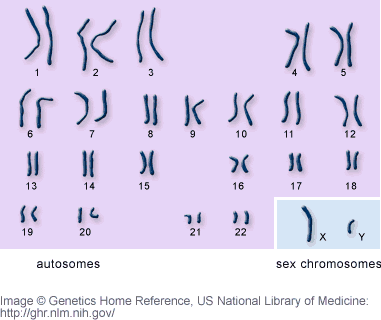Since the Human Genome Project was completed in 2003, bringing our entire chromosomal composition to our fingertips, there has been a surging of interest in exploring genetic associations with illness and disease – and obesity is no exception. Whole-genome mapping has identified several genes that may be associated with increased risk of obesity. One of the strongest candidates of these is the FTO, or ‘fat mass associated’ gene. About 16% of the population carries two copies of this gene, and thereby carry a 1.5 times higher risk of obesity.
So… are we slave to our genes? Does genetic predispostion prevail over dietary modifications, exercise and a healthy lifestyle?
A recent study says no. E. Sonestedt
et al just published data in the
American Journal of Clinical Nutrition, examining whether dietary factors and exercise modifies the association between the FTO gene and obesity. They found that amongst 4,839 subjects from Malmø, Sweden, that the observed increase in body mass index (BMI) across FTO genotypes was restricted to those who ate a high fat diet. Amongst people who ate a low fat diet, the FTO association with overweight was nonexistent. Further to that, the association between FTO and body weight was mainly restricted to sedentary people.
How do we interpret this? First of all, these results tell us that having a high fat diet or a low exercise level accentuates susceptibility to obesity in people who carry the offending gene. However, it also tells us some good news, and that is that a low fat diet and an active lifestyle appears to override the FTO genetics – meaning that lifestyle is the dominant power determining BMI.
So, in the case of the FTO gene at least, the power to control and affect our health and BMI seems to be firmly in our grip!

